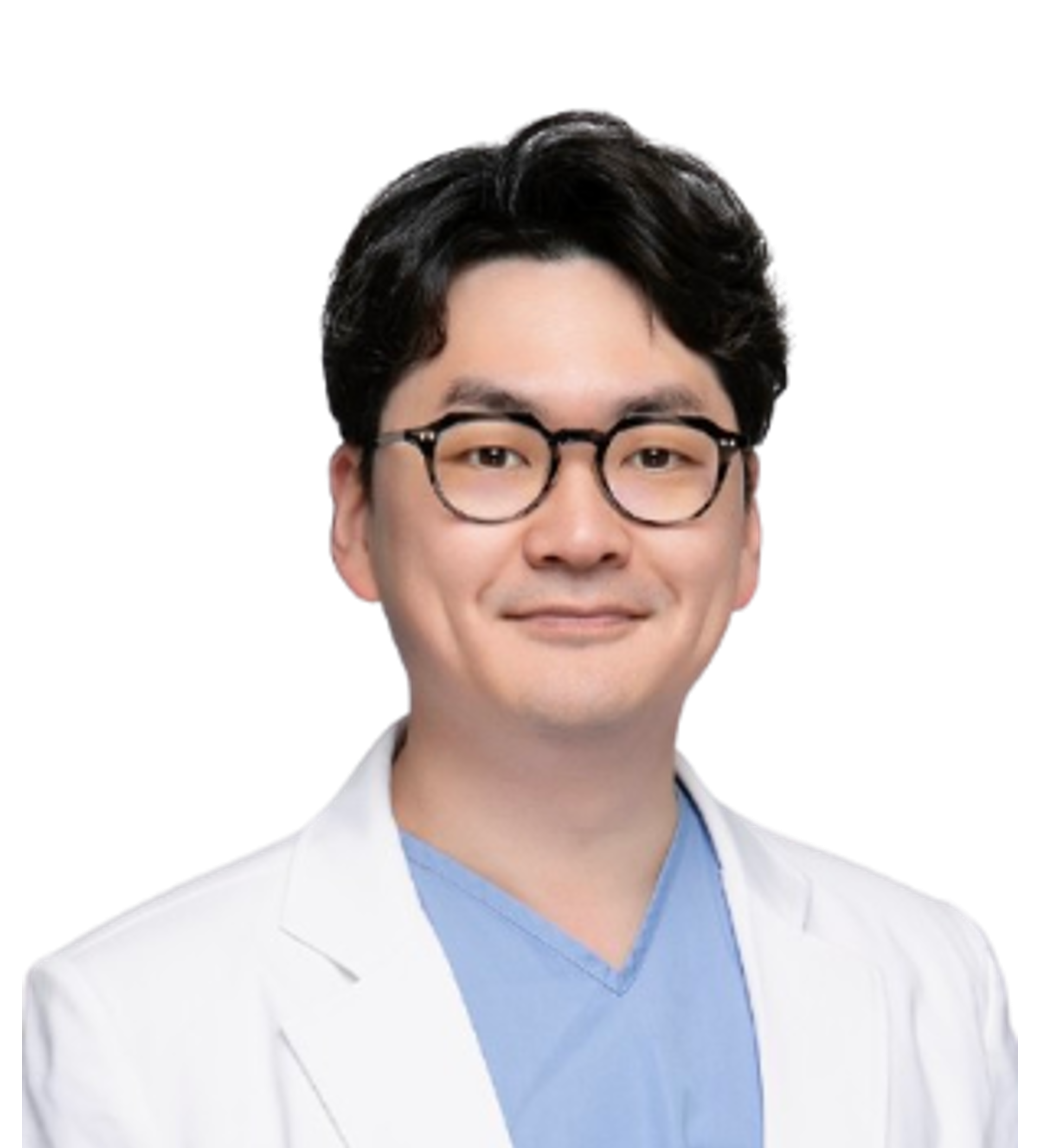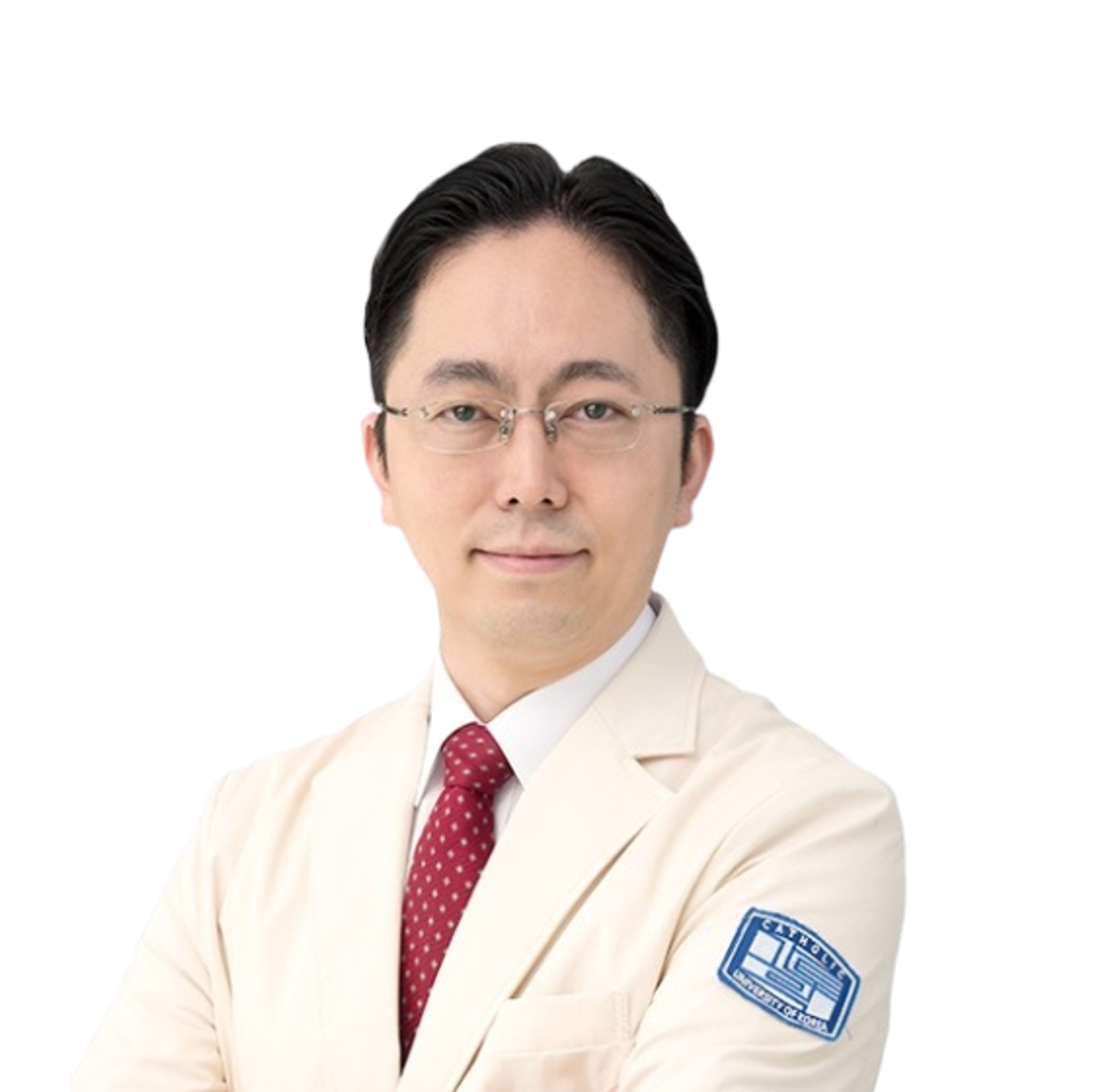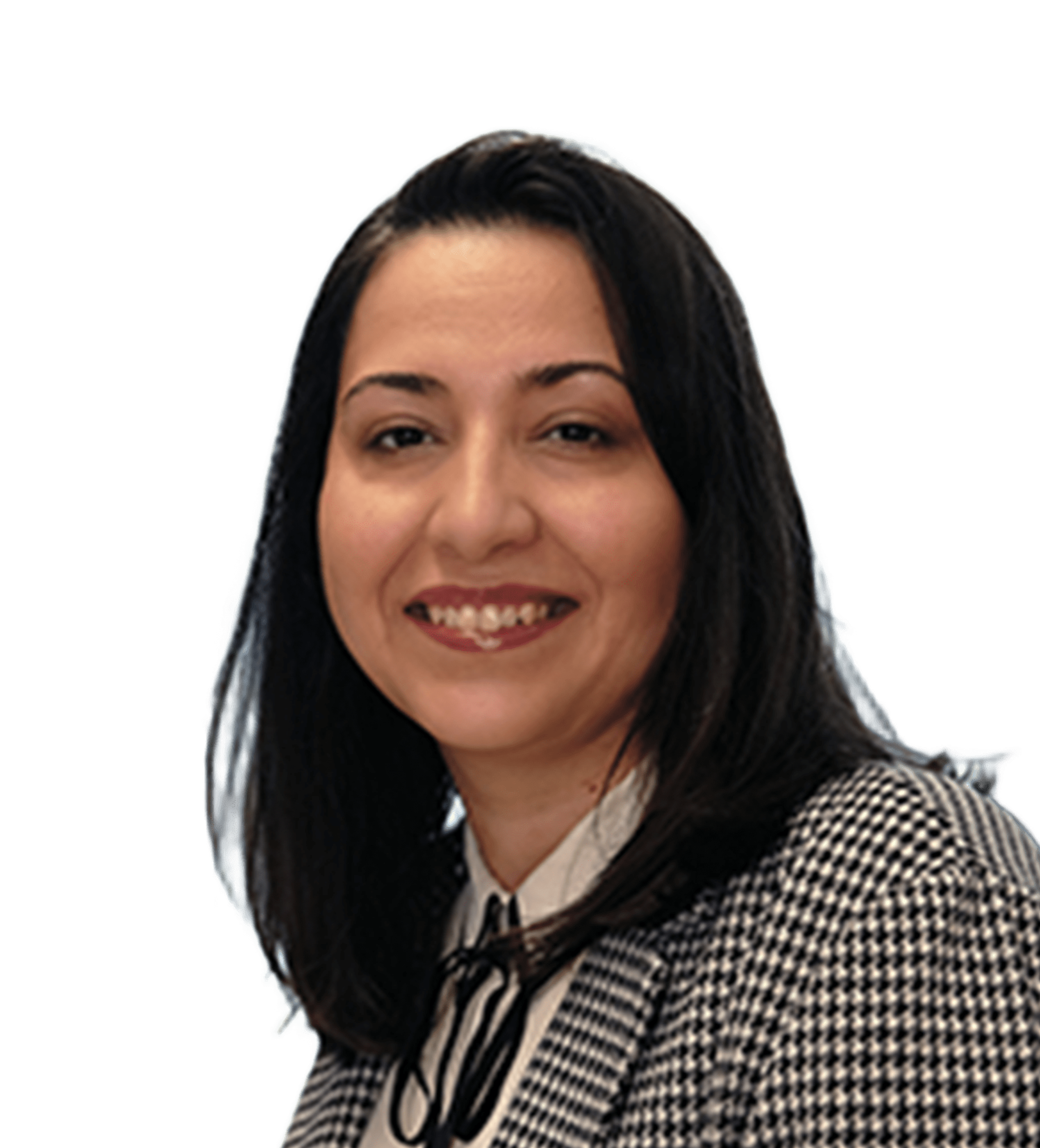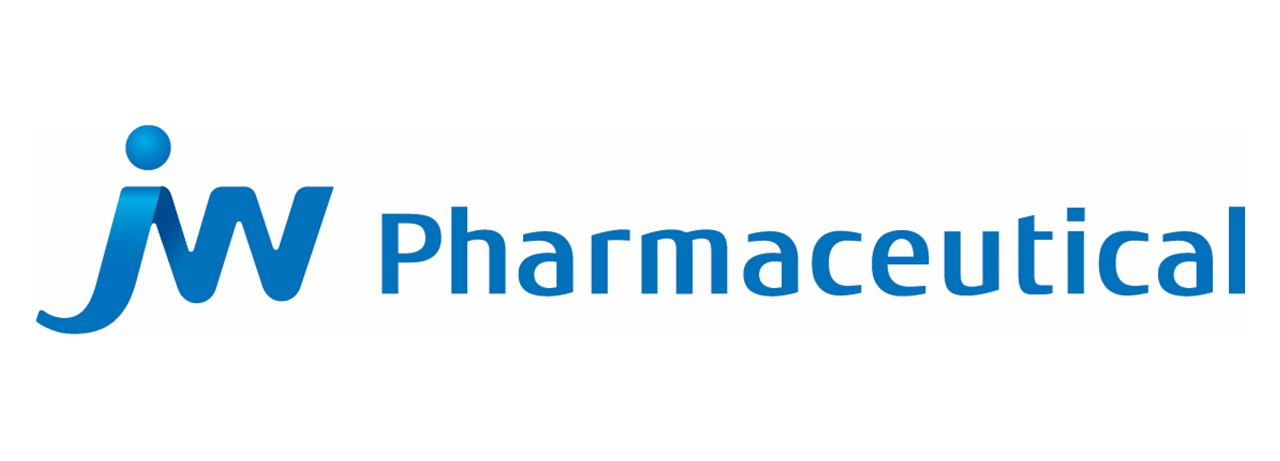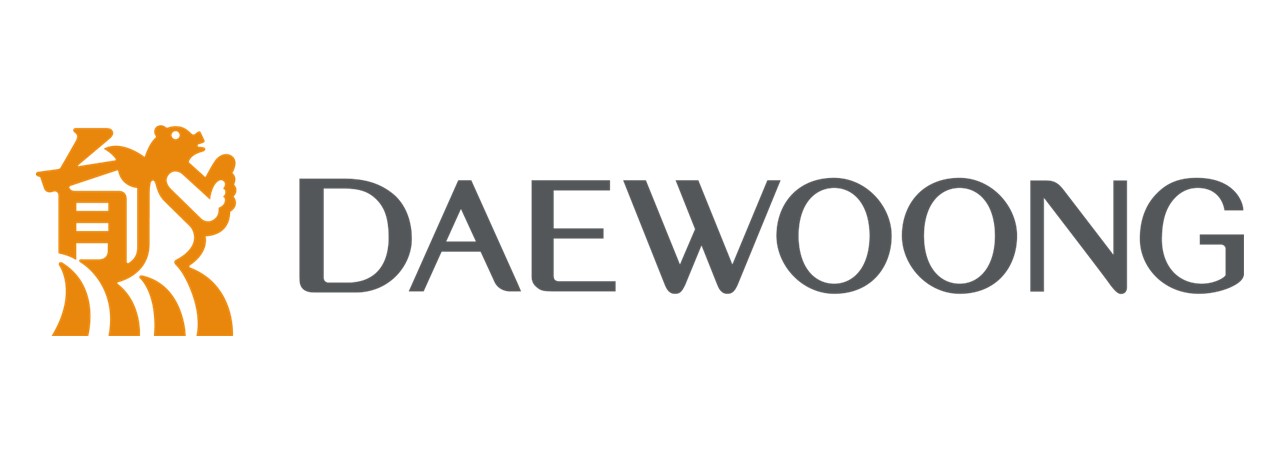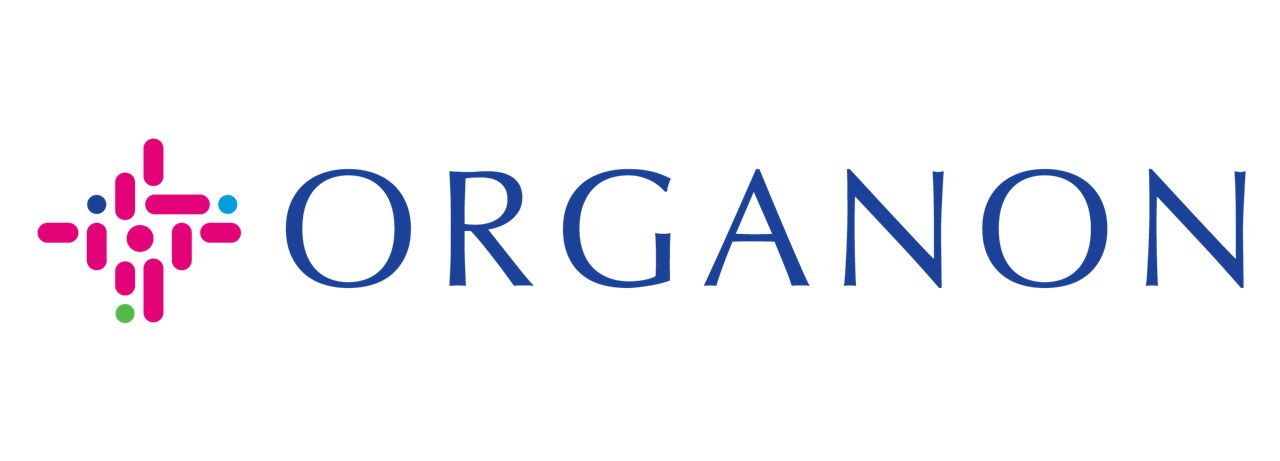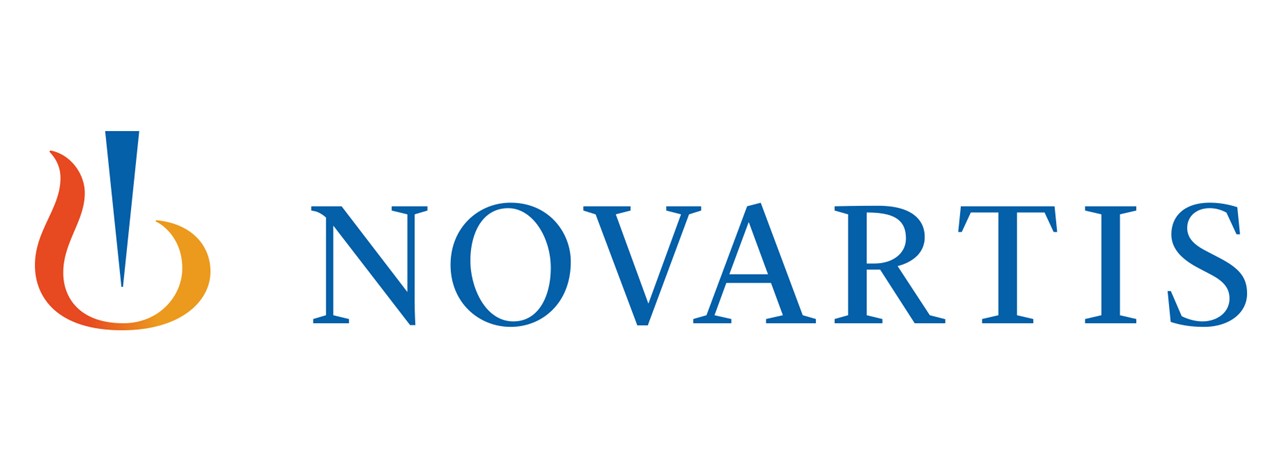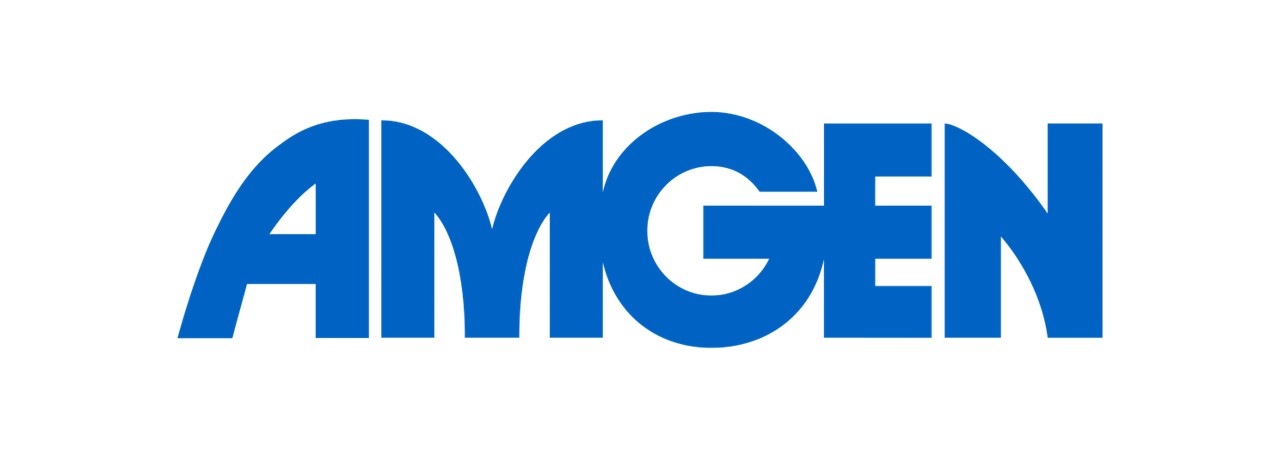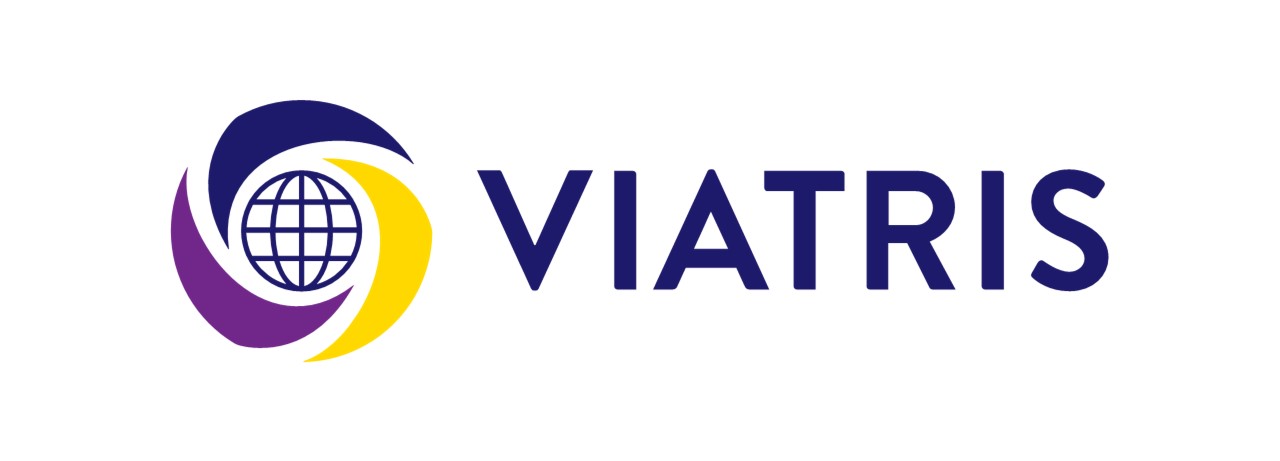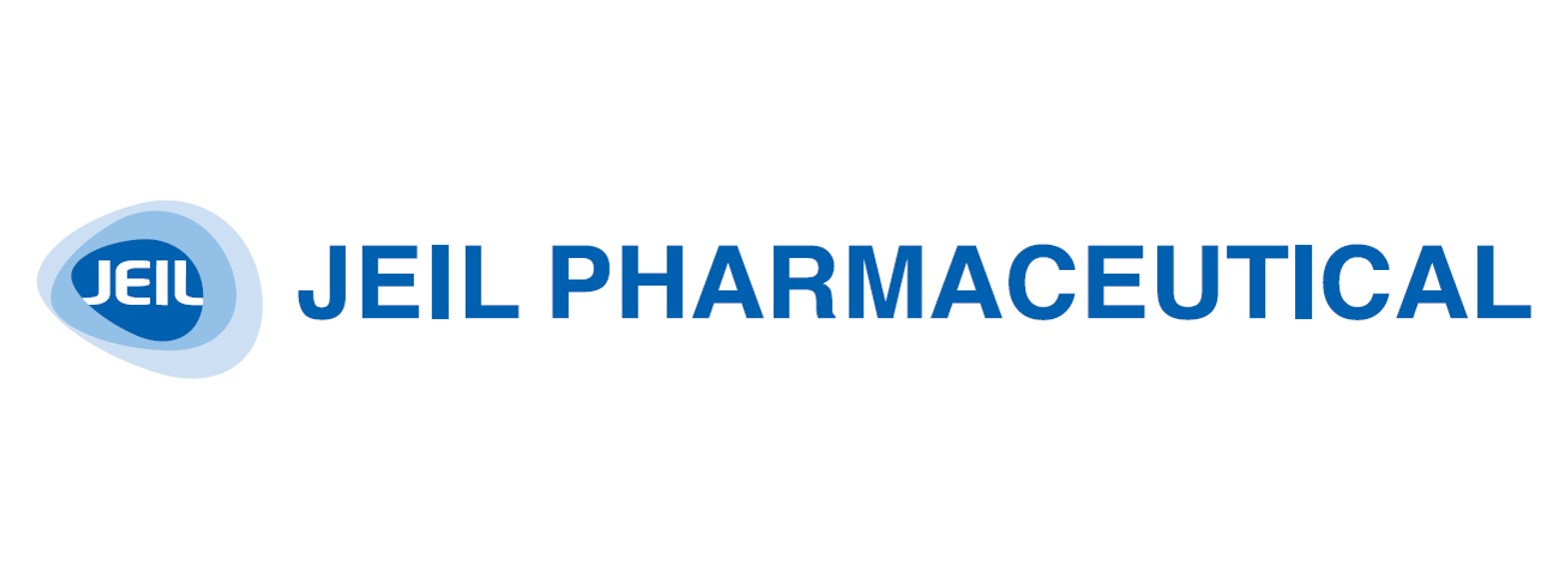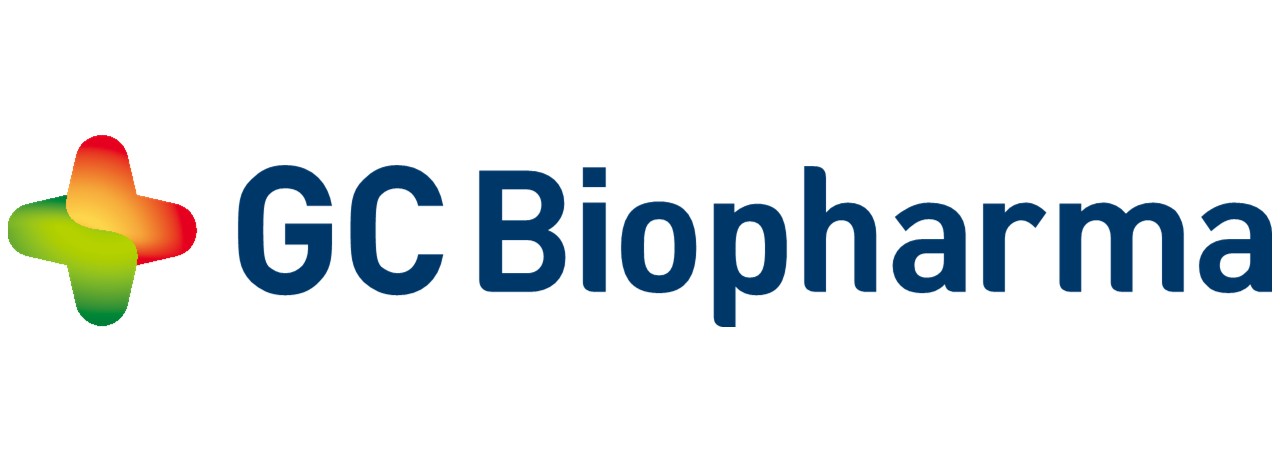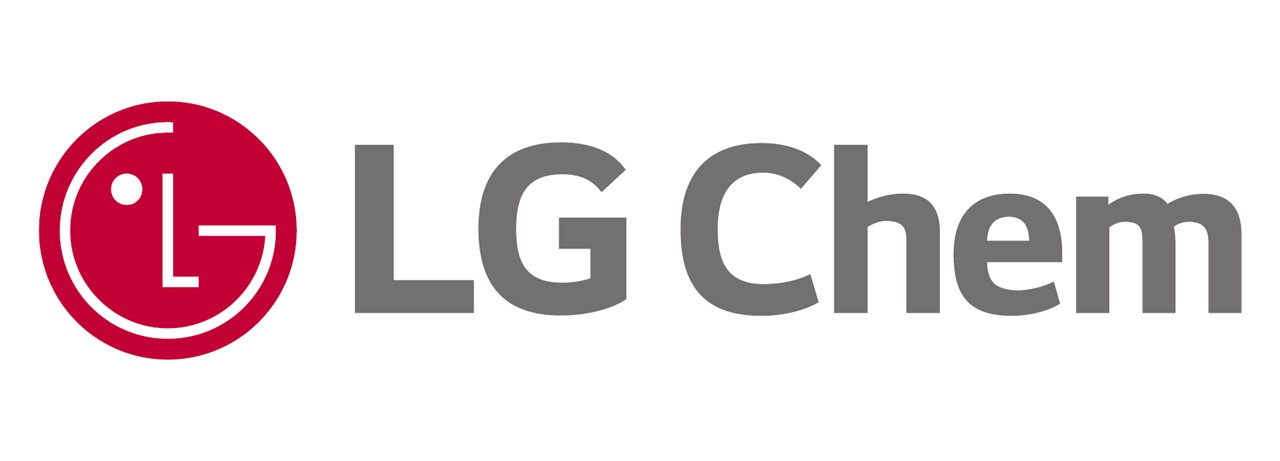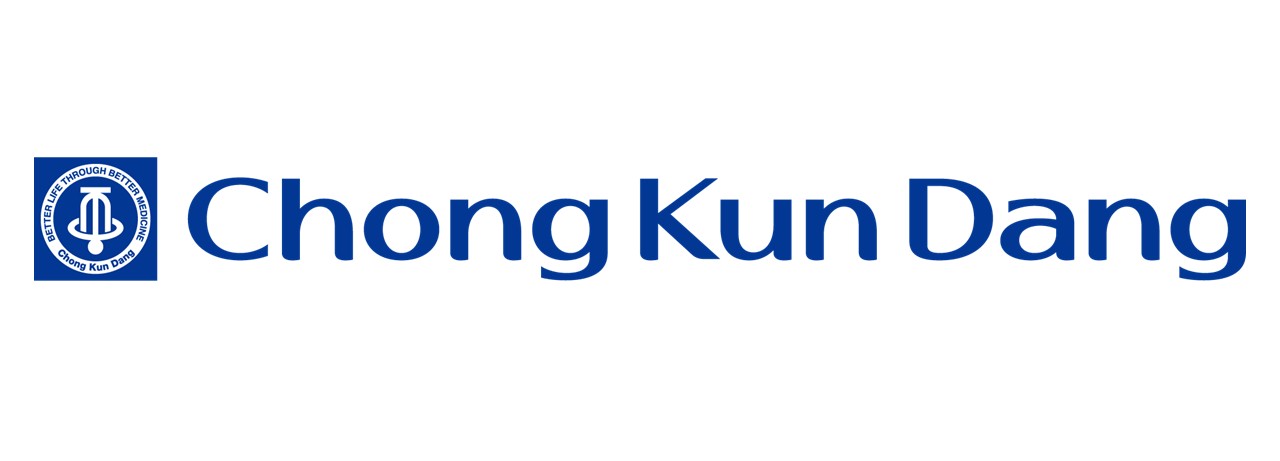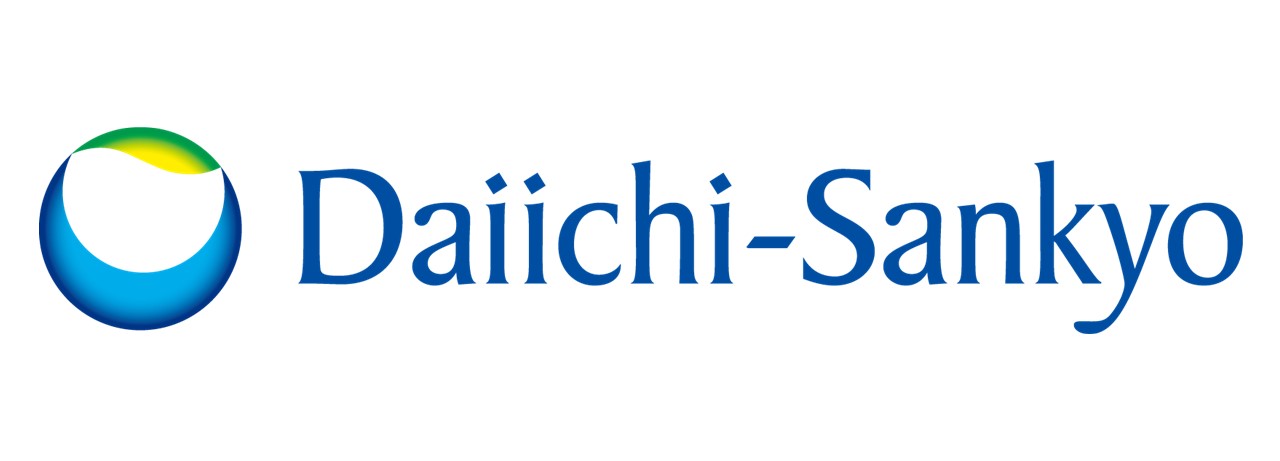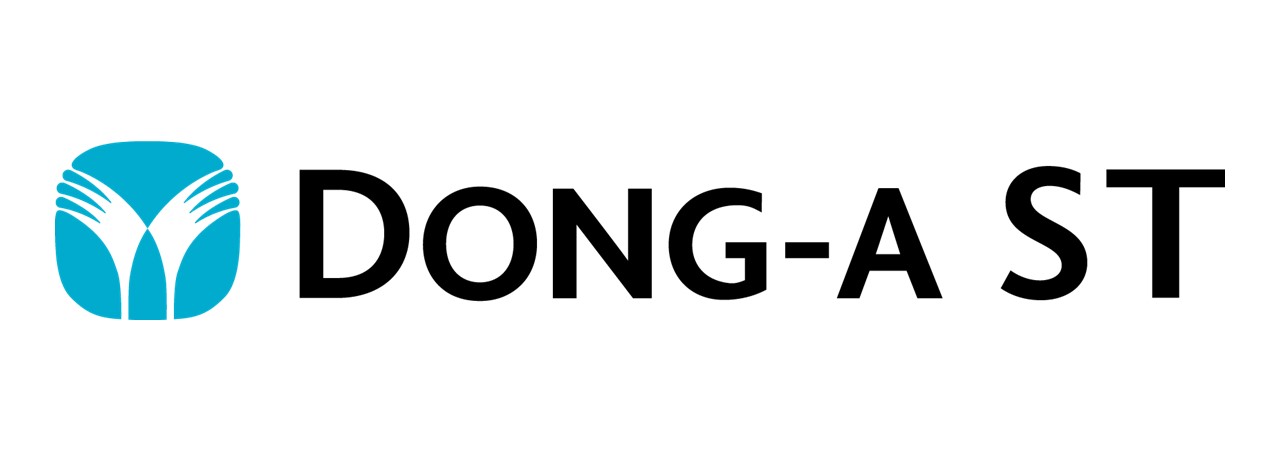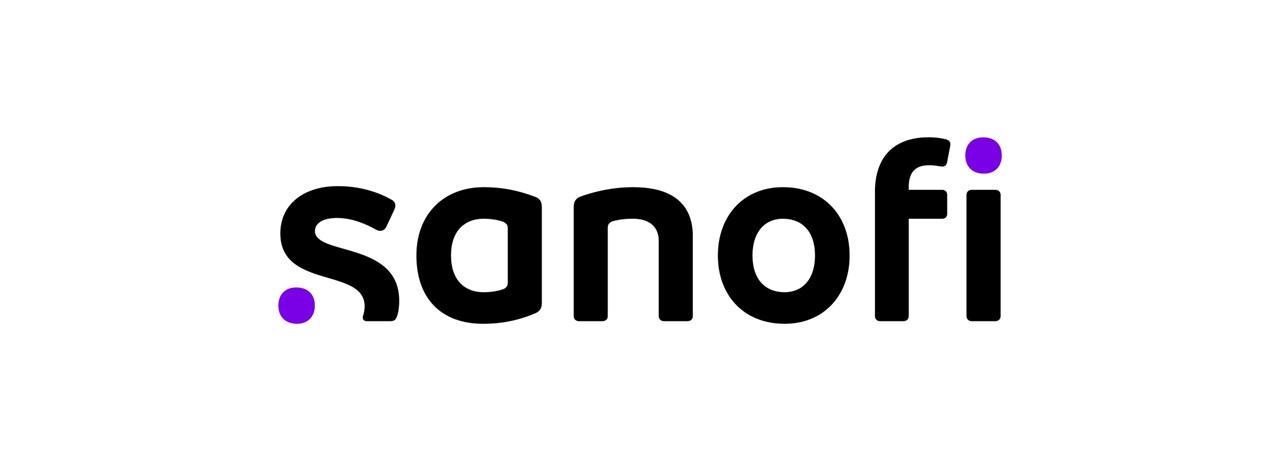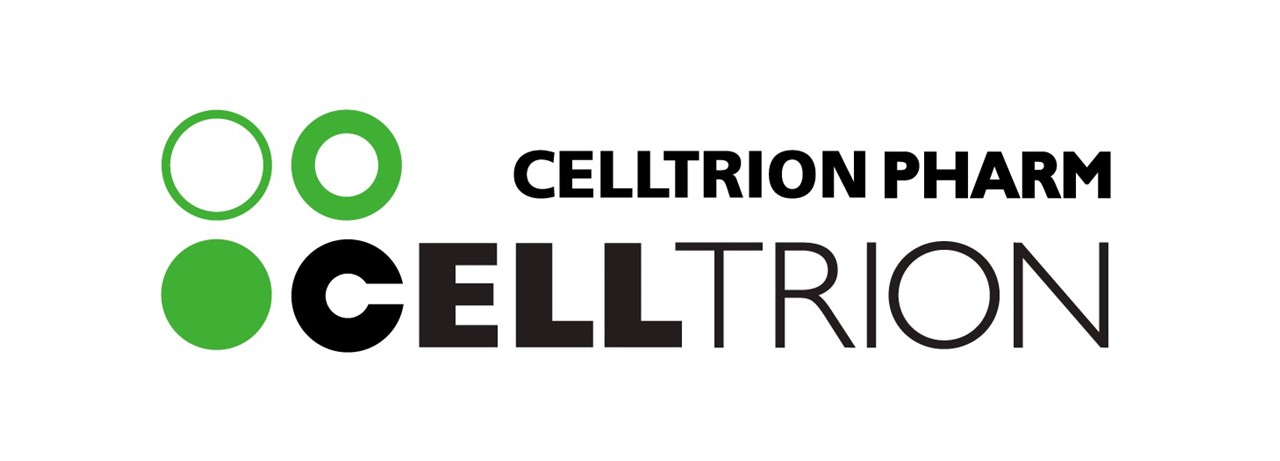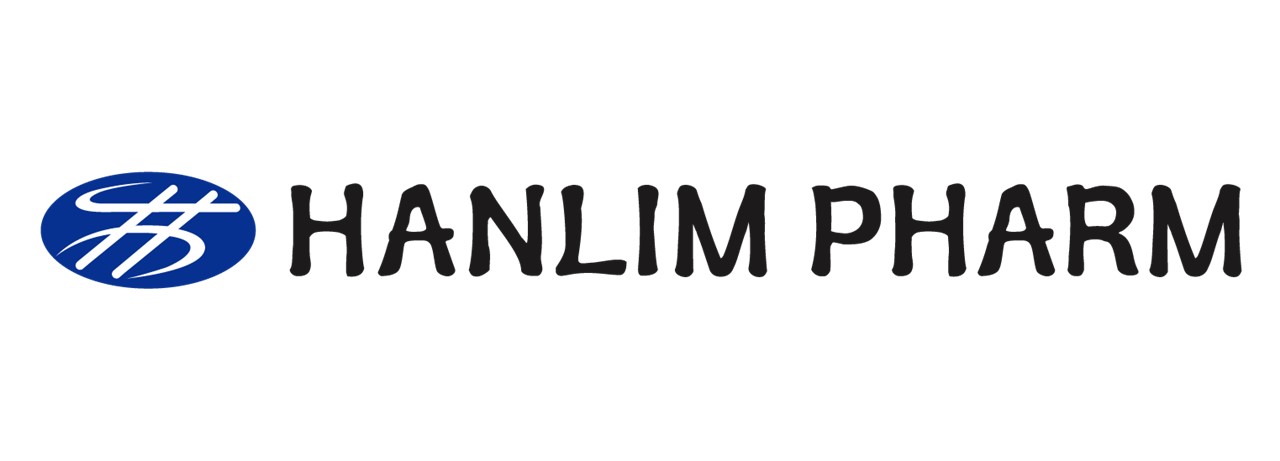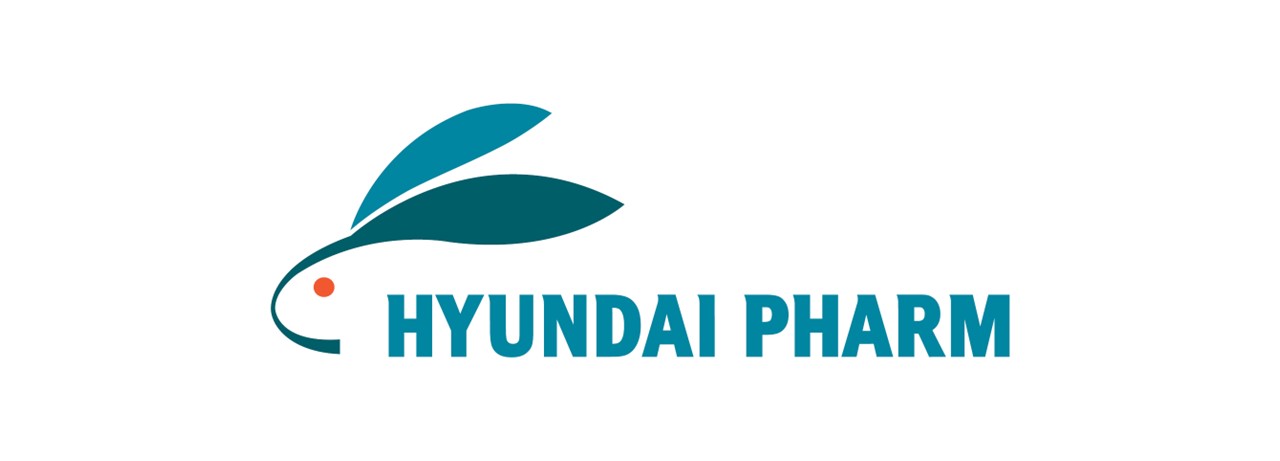Chairperson(s) : Sung Rae Kim (The Catholic University of Korea, Republic of Korea)
Panel(s) : So Hee Kwon (Soonchunhyang University, Republic of Korea), Woohyeun Kim (Hanyang University, Republic of Korea)
Chairperson(s) : Hyo-Soo Kim (Seoul National University, Republic of Korea)
Panel(s) : Dong-Hwa Lee (Chungbuk National University, Republic of Korea), Oh-Hyun Lee (Yonsei University, Republic of Korea)
Chairperson(s) : Do-Sun Lim (Korea University, Republic of Korea)
Panel(s) : Keehwan Lee (University of Ulsan, Republic of Korea), A Ram Hong (Chonnam National University, Republic of Korea)
Chairperson(s) : Myung A Kim (Seoul National University, Republic of Korea)
Chairperson(s) : Hyun Jae Kang (Seoul National University, Republic of Korea), Byung-Wan Lee (Yonsei University, Republic of Korea)
Panel(s) : Yoo-Wook Kwon (Seoul National University, Republic of Korea), Hee-Dong Kim (Soonchunhyang University, Republic of Korea), Young Shin Lee (Kyung Hee University, Republic of Korea)
DetailThis session, "Genetic Insights into Dyslipidemia and Diabetes: Pathways, Predictions, and Interventions," delves into the latest genetic advances impacting cardiovascular and metabolic diseases. Attendees will explore the evolving genetic landscape of cardiovascular disease (CVD) and diabetes, considering future implications for prediction and prevention. The second presentation examines the powers of multi-omics and multi-trait analyses in unraveling the complexity of metabolic disorders. Next, exciting developments in gene therapy for familial hypercholesterolemia will be showcased, highlighting cutting-edge interventions. The session concludes with an engaging discussion, fostering collaboration and reflection on how genetic research can translate into better clinical outcomes.
-

Exploring the genetic landscape of CVD and diabetes: finding and future implication
Soo Heon Kwak Seoul National University, Republic of Korea 08:30~08:50 -

Multi-omics and multi-trait analysis of metabolic disease
Hong Hee Won Sungkyunkwan University, Republic of Korea 08:50~09:10 -
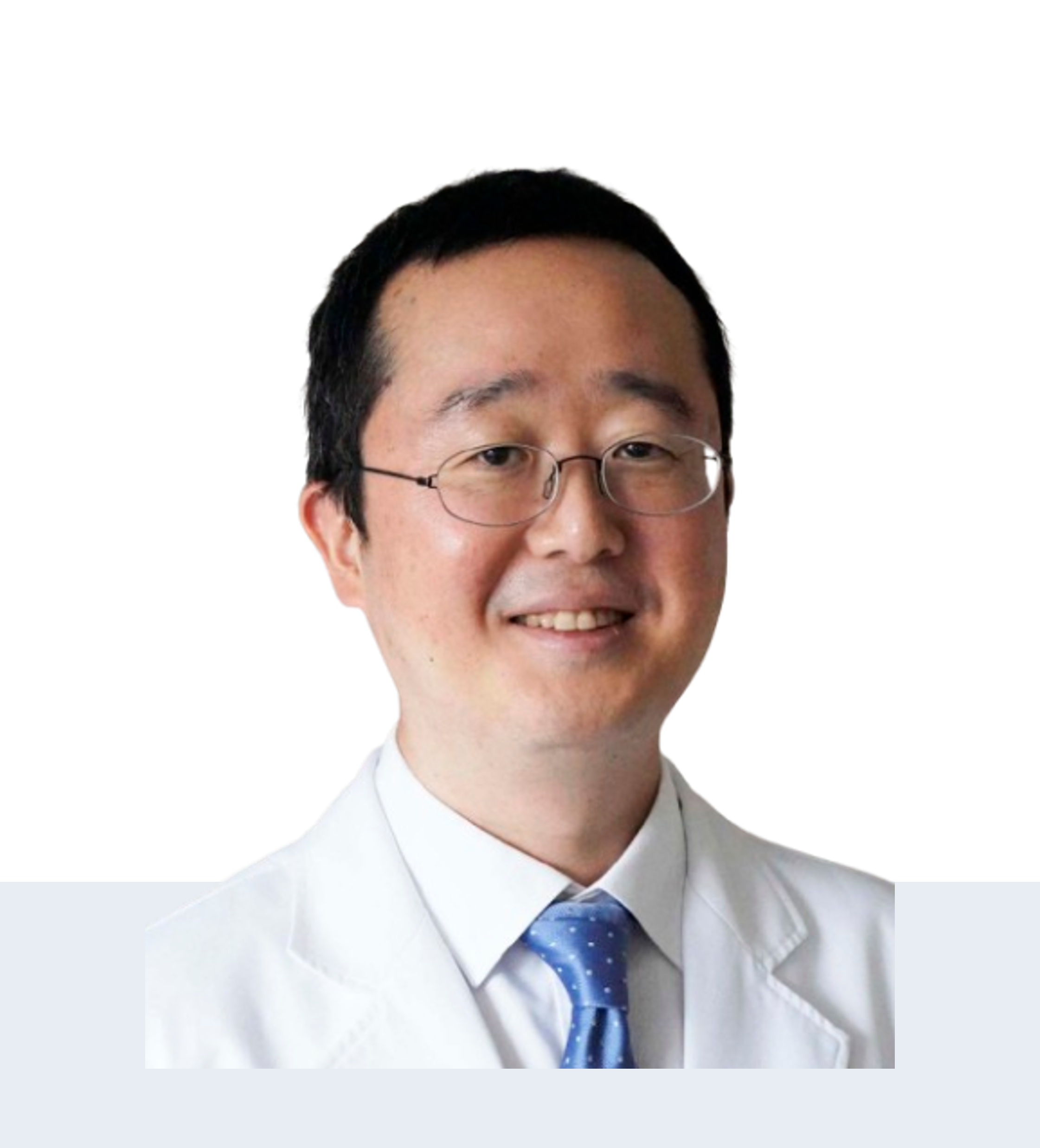
Gene-targeting therapy in familial hypercholesterolemia
Sang-Hak Lee Yonsei University, Republic of Korea 09:10~09:30 - Panel Discussion 09:30~10:00
Chairperson(s) : Jae Bum Kim (Seoul National University, Republic of Korea), Hyeong Kyu Park (Soonchunhyang University, Republic of Korea)
Panel(s) : Ung Kim (Yeungnam University, Republic of Korea), Da Young Lee (Korea University, Republic of Korea), Jong-Young Lee (Sungkyunkwan University, Republic of Korea)
DetailIn AAS-KSoLA Joint Symposium, we will learn about current insights and future directions on comprehensive strategies for the prevention of atherosclerosis. In the first lecture, Professor Andrew Murphy, an invited lecturer of the Australian Atherosclerosis Society, will present a lecture on emerging biomarkers and anti-inflammatory treatments related to the topics of atherosclerosis and inflammation. In the next lecture, we will learn about the role of digital health technology in managing atherosclerosis. In the last lecture, we prepared an opportunity to hear about the effects of lipid-lowering treatment on the progression of aortic aneurysms and clinical outcomes. This session will provide a comprehensive overview of the research achievements in the basic fields related to the progression of atherosclerosis and the digital management system, as well as the effects of lipid-lowering agents on the progression of aortic aneurysms, which are clinically significant diseases.
-

Metabolic disease promotes deoxyceramide accumulation in immune cells altering cytokine production
Andrew Murphy Baker Heart and Diabetes Institute, Australia 08:30~08:50 -

The role of digital health technology in managing atherosclerosis
Hojin Choi Hanyang University, Republic of Korea 08:50~09:10 -

Impact of lipid-lowering therapy on aortic aneurysm progression and cardiovascular outcomes
Gyu Chul Oh The Catholic University of Korea, Republic of Korea 09:10~09:30 - Panel Discussion 09:30~10:00
Chairperson(s) : Jeong-Taek Woo (Kyung Hee University, Republic of Korea), Jae Hyoung Park (Korea University, Republic of Korea)
Panel(s) : Kyung-Soo Kim (CHA University, Republic of Korea), Hong Seok Lim (Ajou University, Republic of Korea), Jaehoon Chung (Dongguk University, Republic of Korea)
DetailWhile TG have historically been overshadowed by the focus on LDL-C, the cumulative evidence suggests that they should not be ignored as a risk factor for CVD and should clearly be taken into account when assessing atherosclerotic residual risk. TG and their remnant cholesterol have direct implications in the pathogenesis of atherosclerotic CVD and their management could represent an additional therapeutic strategy. In this session, we will present the relationship of remnant cholesterol and ASCVD, furthermore sarcopenia. Although lack of clear evidence, recent strategy to target remnant cholesterol will be introduced. Through this session, we hope you to widen the scope of lipid management.
-

Remnant cholesterol as a residual risk in ASCVD patients under statin-based lipid-lowering therapy
Sung Gyun Ahn Yonsei University, Republic of Korea 08:30~08:50 -

Association between remnant cholesterol and sarcopenia: implications on muscle health
Soo Yeon Jang Korea University, Republic of Korea 08:50~09:10 -

Targeting remnant cholesterol in the era of precision lipid management
Pablo Corral Fasta University, Argentina 09:10~09:30 - Panel Discussion 09:30~10:00
Chairperson(s) : Keeho Song (Konkuk University, Republic of Korea), Sang-Rok Lee (Jeonbuk National University, Republic of Korea)
Panel(s) : Min Kyong Moon (Seoul National University, Republic of Korea), Jaehyun Bae (Hallym University, Republic of Korea), Ji-Yong Jang (National Health Insurance Service Ilsan Hospital, Republic of Korea)
DetailSymposium 13 will highlight current trends and regional advances in dyslipidemia management, shaping the future of lipid care in Asia. The session opens with an overview of the 2024 KSoLA Consensus on Secondary Dyslipidemia, presenting practical guidance on managing lipid disorders in patients with comorbid conditions. It will then shift to epidemiological and clinical insights from China and Japan, where speakers will discuss national trends, healthcare innovations, and evolving treatment strategies. This symposium provides an opportunity to understand how different healthcare systems approach dyslipidemia and to explore collaborative pathways for improving lipid management across diverse populations in the Asia-Pacific region.
-

2024 KSoLA consensus on secondary dyslipidemia
Jae Hyun Bae Seoul National University, Republic of Korea 08:30~08:50 -
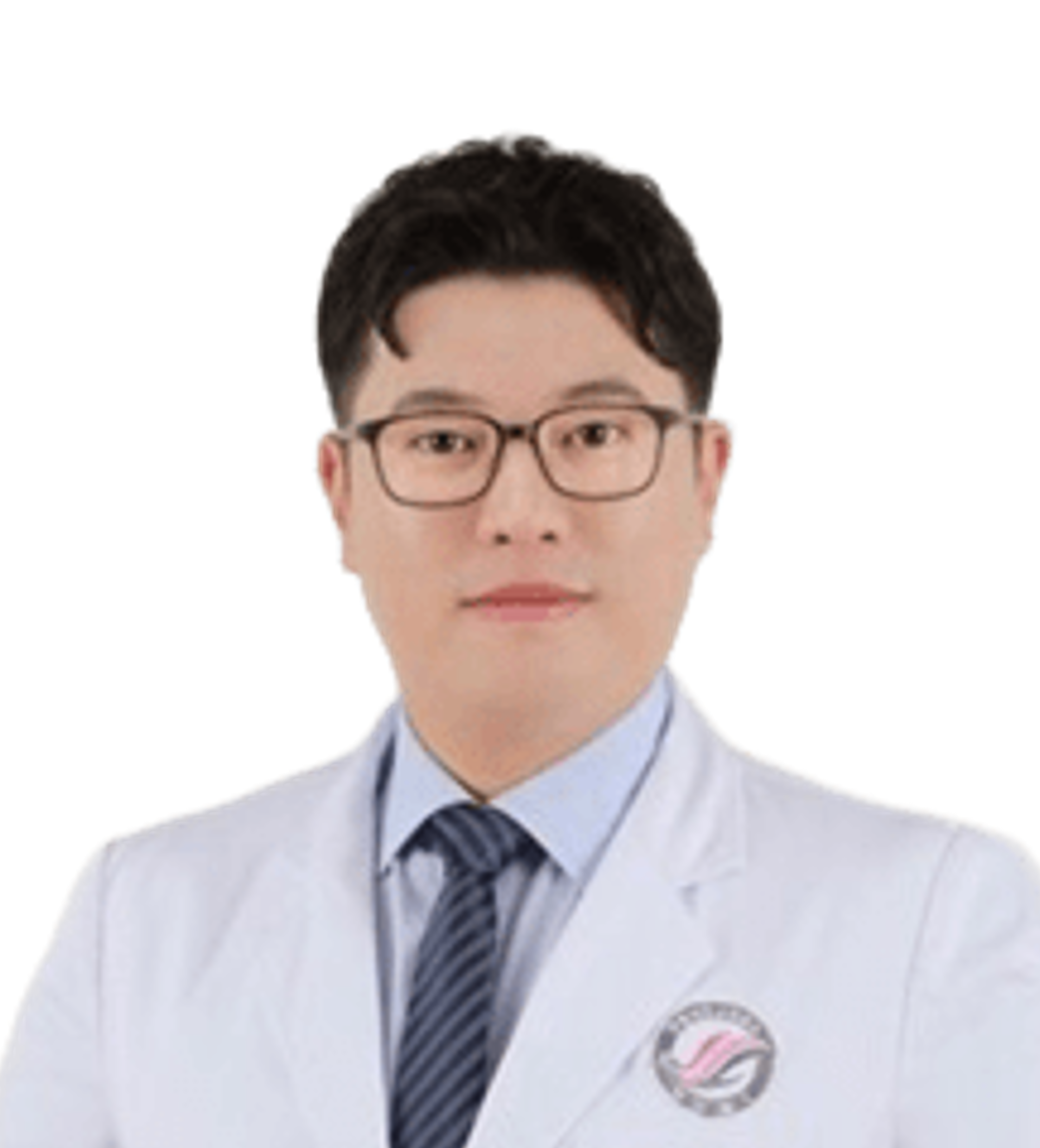
Understanding the progression of obesity-induced organ damage: Insights from the EAS staging system
Dae Young Cheon Hallym University, Republic of Korea 08:50~09:10 -

Sex-specific gaps in lipid management and ASCVD
Hyun-Jin Kim Hanyang University, Republic of Korea 09:10~09:30 - Panel Discussion 09:30~10:00
Chairperson(s) : Sang-Hyun Kim (Seoul National University, Republic of Korea)
DetailProfessor Ioanna Gouni-Berthold is a distinguished Professor of Internal Medicine and Endocrinology at the University of Cologne, Germany, and a leading member of the Center for Endocrinology, Diabetes and Preventive Medicine at the University Hospital of Cologne. Her clinical and research expertise lies in lipid metabolism, dyslipidemia, cardiovascular risk management, and metabolic diseases. Professor Gouni-Berthold has contributed extensively to the field through numerous publications in high-impact journals and active involvement in international clinical trials and guideline development committees. At ICoLA 2025, she has been invited as a Plenary Lecturer to present on the topic: “Advances in lipid-lowering therapy: shaping the future of cardiovascular prevention.” In this lecture, Professor Gouni-Berthold will discuss the most recent advances in lipid-lowering therapies, highlighting their mechanisms of action, clinical trial data, and potential to reshape current paradigms in cardiovascular prevention.
Chairperson(s) : Sung Rae Kim (The Catholic University of Korea, Republic of Korea)
DetailProfessor Ki-Hyun Jeon from Seoul National University, Republic of Korea, is a leading expert in digital health and medical informatics, with a particular focus on applying artificial intelligence to clinical data and research processes. He has recently garnered wide attention for pioneering the integration of generative AI tools such as ChatGPT into real-world medical research, manuscript drafting, and data interpretation workflows. In ICoLA 2025, Professor Jeon will deliver a Special Lecture titled “Integrating ChatGPT into medical and clinical research workflows.” This session will highlight practical use cases, emerging methodologies, and the potential impact of AI-powered tools on the future of evidence generation and scientific communication in medicine. His insights will be especially valuable for clinicians and researchers seeking to incorporate cutting-edge technology into their research environments.
Chairperson(s) : Young-Bae Park (Seoul National University, Republic of Korea)
Panel(s) : Ye An Kim (Veterans Health Service Medical Center, Republic of Korea), Hanbit Park (University of Ulsan, Republic of Korea)
Chairperson(s) : Moon-Kyu Lee (Eulji University, Republic of Korea)
Panel(s) : Soo Kyoung Kim (Gyeongsang National University, Republic of Korea), Subin Lim (Ewha Womans University, Republic of Korea)
Chairperson(s) : Chee Jeong Kim (Chung-Ang University, Republic of Korea)
Panel(s) : Sang Ah Lee (Jeju National University, Republic of Korea), Sungsoo Cho (Yonsei University, Republic of Korea)
Chairperson(s) : Shung Chull Chae (Kyungpook National University, Republic of Korea)
Panel(s) : Youngsook Kim (Soonchunhyang University, Republic of Korea), Sungjoon Park (Seoul National University, Republic of Korea)
Chairperson(s) : Ju Han Kim (Chonnam National University, Republic of Korea), Ung Kim (Yeungnam University, Republic of Korea)
-
Extracellular vesicles produced by IL4-polarized macrophages drive atherosclerosis stabilization by reprograming Ly-6Chi monocytes & enhancing efferocytosis
Martin Ng UCSF, NCIRE, United States 13:00~13:10 -
Alteration of lipid gene modulation and gut microbiota by gallic acid loaded liposomes in atherosclerosis in apolipoprotein-E deficient mice
Deepika Singh Shalom Institute of Health ana Allied Sciences, India 13:10~13:20 -
Candidates of STAT3-mediated miRNAs in LPS-induced mouse endothelium
Lan Phuong Phan Chungnam Natuinal University, Republic of Korea 13:20~13:30 -
KAI1 on perivascular cells: a key switch regulator of angiogenesis
Taehun Yoon Seoul National University, Republic of Korea 13:30~13:40 -
Distribution of LDL-cholesterol and its association with cardiovascular outcomes in young adults under 40 years: a nationwide cohort study
You-Bin Lee Samsung Medical Center, Sungkyunkwan University School of Medicine, Republic of Korea 13:40~13:50 -
Lipoprotein(a) variability and risk of major adverse cardiovascular event: insights from a real-world multicenter cohort
Mi-Na Kim Korea University Anam Hospital, Republic of Korea 13:50~14:00 -
Discontinuation and non-publication of atherosclerosis clinical studies: a cross-sectional analysis
Yousef Radwan Alnomani Benha University, Faculty of Medicine, Egypt 14:00~14:10 -
Association between dietary antioxidant intake and cardiovascular diseases risk factors in Singapore individuals with eczema
Liang Yuxin National University of Singapore, Singapore 14:10~14:20
Chairperson(s) : Eung Gyu Kim (Inje University, Republic of Korea), Kwang-Yeol Park (Chung-Ang University, Republic of Korea)
Panel(s) : Hyung-Min Kwon (Seoul National University, Republic of Korea), Bum Joon Kim (University of Ulsan, Republic of Korea), Woo-Keun Seo (Sungkyunkwan University, Republic of Korea), Jin-Man Jung (Korea University, Republic of Korea)
DetailAlthough luminal narrowing has traditionally guided our understanding of intracranial atherosclerosis and captured clinicians’ attention, growing evidence reveals that its impact reaches well beyond narrowing alone. This session, “What Is Important beyond Stenosis in Intracranial Atherosclerosis,” explores three key dimensions-vascular tortuosity and plaque burden, vessel wall enhancement and inflammation, and blood viscosity’s role in cerebral flow and stroke risk. Professor Mi-Yeon Eun, who is a stroke neurologist and neuro-interventionist from Kyungbook National University Chilgok Hospital, Republic of Korea, will present the relation between intracranial vascular tortuosity and overall atherosclerosis burden. Professor Dong-Wan Kang, a stroke neurologist from Seoul National University Bundang Hospital, Republic of Korea, will present the clinical impact of vascular enhancement and inflammation detected from high resolution vessel wall MRI. Professor Ho Geol Woo, a stroke neurologist and neuro-interventionist from Kyung Hee University Hospital, Republic of Korea, will present how blood viscosity affect development and stability of intracranial atherosclerosis. Together, these insights push us toward a more holistic approach to diagnosis and management of intracranial atherosclerosis.
-
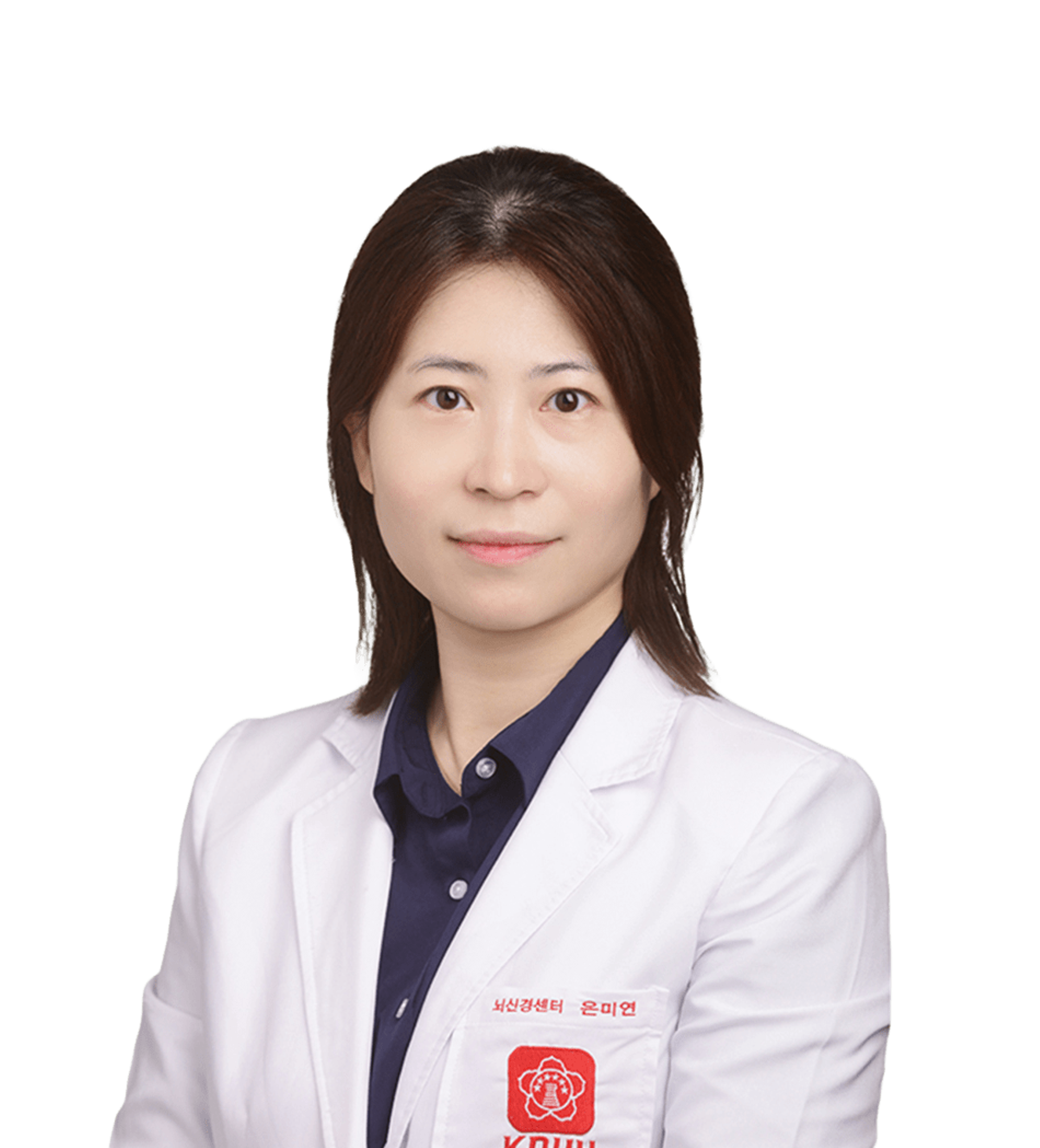
Vascular tortuosity and atherosclerosis burden
Mi-Yeon Eun Kyungpook National University, Republic of Korea 13:00~13:20 -
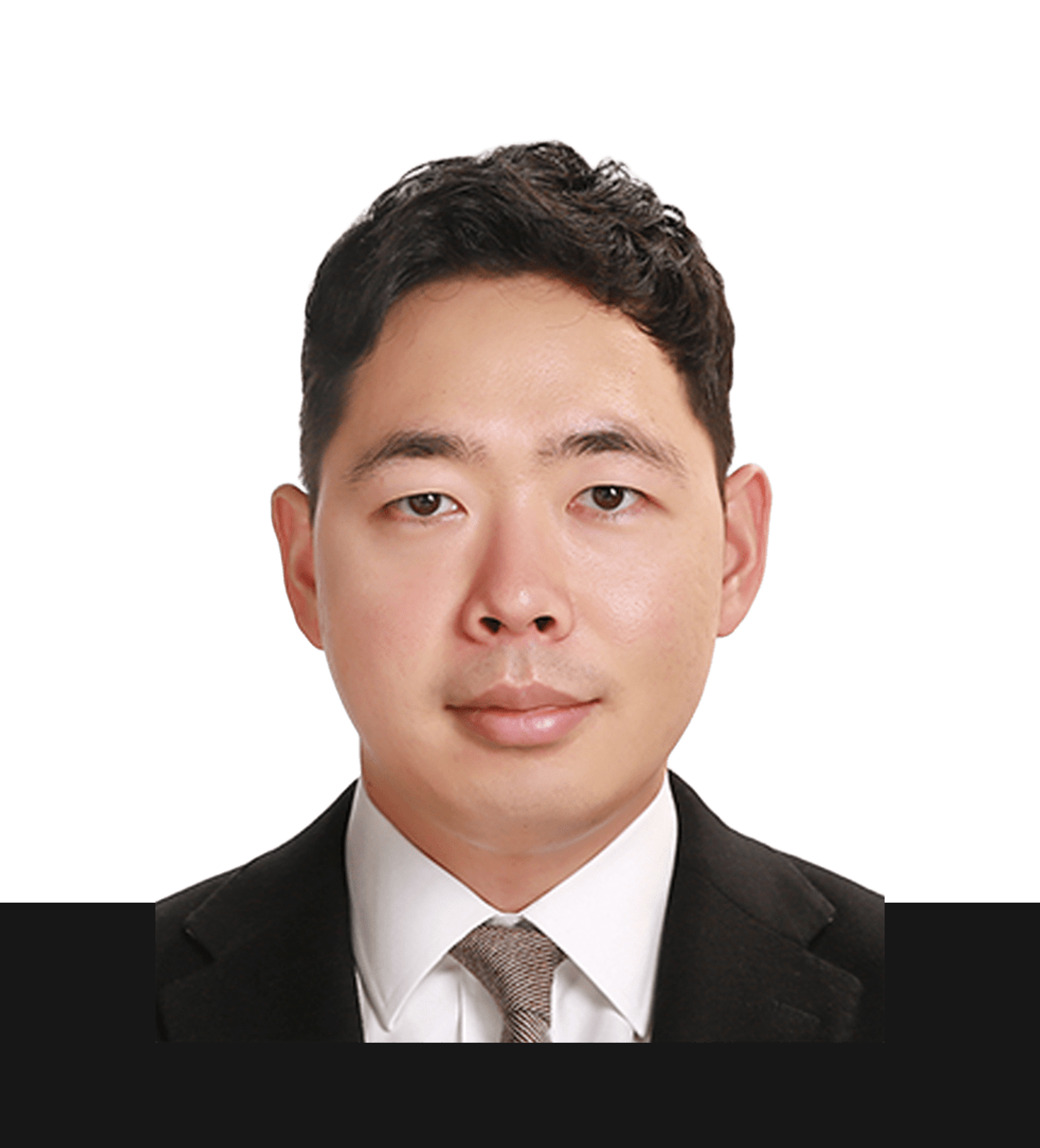
Vessel wall enhancement and inflammation
Dong-Wan Kang Seoul National University, Republic of Korea 13:20~13:40 -

Blood viscosity and intracranial atherosclerosis
Ho Geol Woo Kyung Hee University, Republic of Korea 13:40~14:00 - Panel Discussion 14:00~14:30
Chairperson(s) : Seok-Min Kang (Yonsei University, Republic of Korea), Young Sup Byun (Inje University, Republic of Korea)
Panel(s) : Si-Hyuck Kang (Seoul National University, Republic of Korea), Ji-Hyun Kim (The Catholic University of Korea, Republic of Korea), Jaehyun Bae (Hallym University, Republic of Korea), Jong-Tae Lee (Korea University, Republic of Korea)
DetailAtherosclerotic cardiovascular disease (ASCVD) remains a leading cause of morbidity and mortality worldwide, yet many nontraditional risk factors are still underrecognized. This session highlights emerging contributors to ASCVD, offering new perspectives on disease development and progression. The first presentation explores how environmental pollution affects atherosclerosis through various biological mechanisms. The second addresses the impact of health inequity and social determinants on ASCVD risk. The final talk focuses on psychiatric disorders as an often-overlooked but important risk factor for ASCVD. By highlighting these topics, we aim to encourage a more comprehensive approach to ASCVD prevention.
-

Environmental pollution as a nontraditional risk factor for atherosclerotic cardiovascular disease: mechanisms and impacts
Sun-Young Kim National Cancer Center, Republic of Korea 13:00~13:20 -

Health inequity as a nontraditional risk factor for ASCVD
Eunji Kim Gachon University, Republic of Korea 13:20~13:40 -

Psychiatric disorders: an overlooked nontraditional risk factor in the development of atherosclerotic cardiovascular disease
Seung Jin Han Ajou University, Republic of Korea 13:40~14:00 - Panel Discussion 14:00~14:30
Chairperson(s) : Jeong-Taek Woo (Kyung Hee University, Republic of Korea), Min Kyong Moon (Seoul National University, Republic of Korea)
Panel(s) : Kyung-Soo Kim (CHA University, Republic of Korea), Minwoo Lee (Hallym University, Republic of Korea), Jung-Kyu Han (Seoul National University, Republic of Korea), Joon Ho Moon (Seoul National University, Republic of Korea)
DetailSymposium 16 is titled “Defining the Optimal LDL-C Target for Prevention of Atherosclerotic Cardiovascular and Cerebrovascular Disease.” The session opens with a cardiologist’s perspective on establishing optimal LDL-C goals for secondary prevention in high-risk patients. The second presentation offers a neurologist’s insights into optimal LDL-C levels specifically for stroke prevention. Finally, an endocrinologist will review the evidence for varying LDL-C targets according to diabetes duration and discuss strategies for personalized guideline development. This symposium promises to deliver critical, evidence-based perspectives to bridge guideline recommendations with real-world clinical practice in cardiovascular and cerebrovascular disease prevention.
-

Optimal LDL-C goals for secondary prevention in high-risk patients - a cardiologist’s perspective
Hyun Sung Joh Seoul National University, Republic of Korea 13:00~13:20 -

Optimal LDL-C level for stroke prevention - insights from a neurologist’s perspective
Wookjin Yang University of Ulsan, Republic of Korea 13:20~13:40 -

Different LDL-C targets by duration of diabetes: what is the evidence? - an endocrinologist’s perspective
Young-Sang Lyu Chosun University, Republic of Korea 13:40~14:00 - Panel Discussion 14:00~14:30
Chairperson(s) : Ick-Mo Chung (Ewha Womans University, Republic of Korea)
DetailIn this lecture, Dr. Ljubica Matic will present on “Multi-omics data integration from patients with carotid stenosis illuminates key molecular signatures of atherosclerotic instability,” introducing the current applications of various omics technologies in understanding the complex biological mechanisms underlying vascular diseases. Through integrated analysis of genomic, transcriptomic, proteomic, metabolomic, and epigenomic data, she will demonstrate comprehensive methodological approaches for in-depth characterization of molecular pathways involved in major vascular conditions including atherosclerosis, hypertension, and vascular remodeling. Drawing from recent advances in transcriptomics and systems biology research, Dr. Matic will explain how multi-omics approaches serve as critical bridges in translational research between basic science discoveries and clinical applications. This presentation will share cutting-edge research findings on the identification of novel biomarkers, regulatory network analysis, and therapeutic target discovery related to vascular diseases, and will provide a platform for interdisciplinary collaboration and in-depth academic discourse in the field of vascular medicine.
Chairperson(s) : Ki Chul Sung (Sungkyunkwan University, Republic of Korea), Hack-Lyoung Kim (Seoul National University, Republic of Korea)
Panel(s) : Si-Hyuck Kang (Seoul National University, Republic of Korea), Yea Eun Kang (Chungnam National University, Republic of Korea), Joon Ho Moon (Seoul National University, Republic of Korea), Jung-Kyu Han (Seoul National University, Republic of Korea)
DetailThis session entitled “Emerging Drugs for Dyslipidemia Management” addresses innovative pharmacological strategies to tackle residual lipid risk that persists despite statin therapy. While LDL-C reduction remains the cornerstone of dyslipidemia management, a substantial number of patients continue to face elevated cardiovascular risk due to hypertriglyceridemia, elevated remnant cholesterol, or persistent atherogenic dyslipidemia. The first lecture will examine the real-world clinical applications of bempedoic acid and identify patient populations who may derive maximum therapeutic benefit. The second lecture will focus on APOC3 inhibition strategies for severe hypertriglyceridemia management, discussing clinical applicability in familial chylomicronemia syndrome and mixed dyslipidemia with supporting evidence from recent clinical trials. The final lecture will present the regulatory mechanisms of ANGPTL3 and ANGPTL8 in lipid metabolism and introduce the development status of next-generation therapeutic approaches targeting these pathways. Through this session, attendees will gain comprehensive insights into the latest paradigms in lipid-lowering therapy and future prospects for clinical implementation.
-

Bempedoic acid in real world practice, for whom?
Ioanna Gouni-Berthold University of Cologne, Germany 16:45~17:05 -
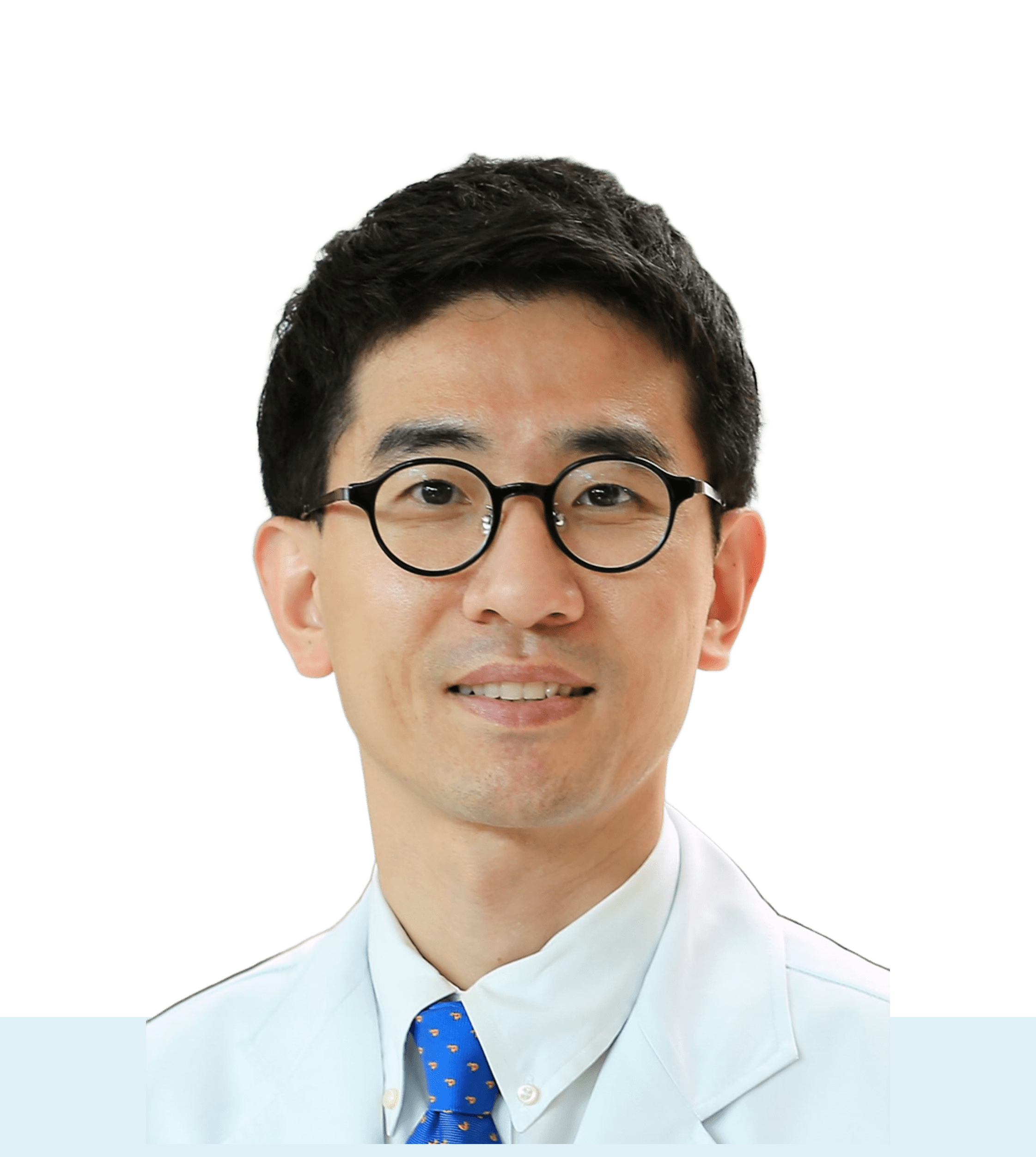
Targeting APOC3 for triglyceride management
Jin Wi Gachon University, Republic of Korea 17:05~17:25 -
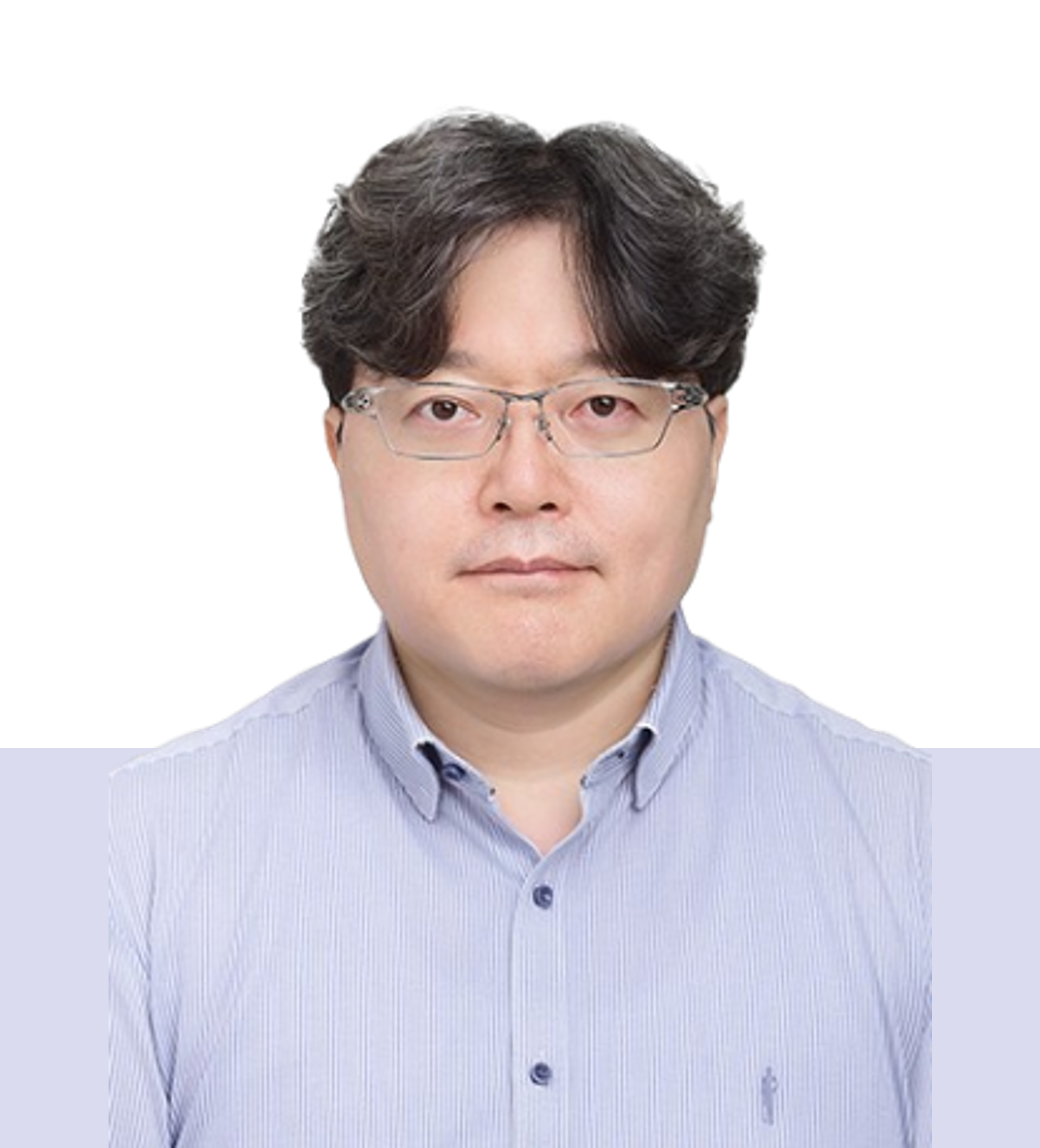
ANGPTL3 and ANGPTL8 inhibition: novel strategies to combat atherogenic dyslipidemia
Janghoon Lee Kyungpook National University, Republic of Korea 17:25~17:45 - Panel Discussion 17:45~18:15
Chairperson(s) : Ki Hoon Han (University of Ulsan, Republic of Korea), Eun-Jung Rhee (Sungkyunkwan University, Republic of Korea)
Panel(s) : Hyun-Suk Yang (Konkuk University, Republic of Korea), Jong-Young Lee (Sungkyunkwan University, Republic of Korea), Jung Rae Cho (Hallym University, Republic of Korea)
DetailThis session will explore ethnic-specific characteristics of dyslipidemia, with a focus on Asian populations, and discuss optimal lipid-lowering strategies tailored to diverse clinical needs. The first speaker, Professor Jaehoon Chung from Dongguk University, Republic of Korea, will focus on hypertriglyceridemia and low HDL-C commonly observed in Asian populations, introducing a novel approach to treatment prioritization. Next, Professor Chang Hee Jung from University of Ulsan, Republic of Korea, will discuss the need for combination lipid-lowering therapy in patients for whom statin monotherapy is insufficient, supported by recent clinical evidence. Finally, Professor Hoang Anh Tien from Hue University of Medicine and Pharmacy, Vietnam, will emphasize the importance of personalized treatment strategies that account for ethnic differences between Asian and Western populations, highlighting both regional guideline variations and shared principles. Join us for this session to gain practical insights into diverse lipid management strategies applicable to clinical practice.
-

Triglyceride and HDL-C focus in Asian populations: rethinking priorities?
Jaehoon Chung Dongguk University, Republic of Korea 16:45~17:05 -

Combined lipid-lowering therapy: when statins alone are not enough
Chang Hee Jung University of Ulsan, Republic of Korea 17:05~17:25 -
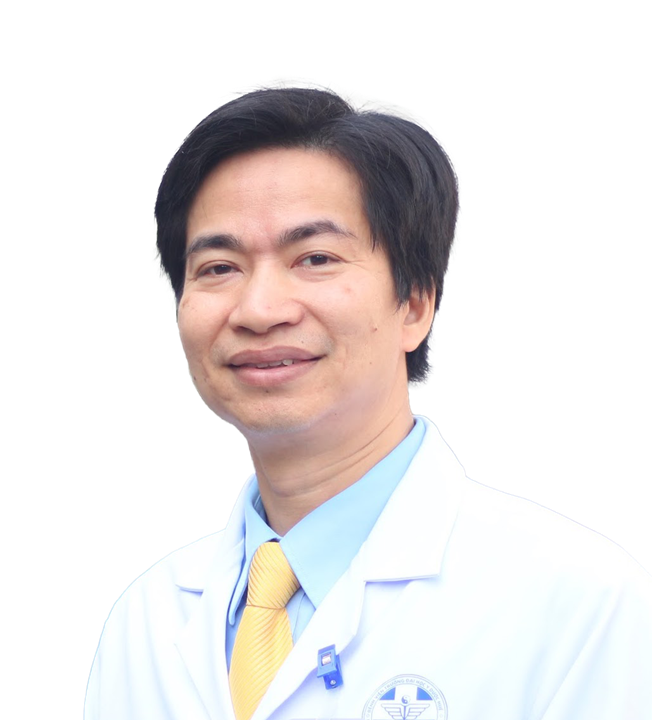
Ethnic differences in managing dyslipidemia: tailoring treatment strategies for Asian and Western populations
Hoang Anh Tien Hue University of Medicine and Pharmacy, Vietnam 17:25~17:45 - Panel Discussion 17:45~18:15
Chairperson(s) : Wook Bum Pyun (Ewha Womans University, Republic of Korea), Mi-Seung Shin (Gachon University, Republic of Korea)
Panel(s) : Hyun-Jin Kim (Hanyang University, Republic of Korea), Ye Seul Yang (Seoul National University, Republic of Korea), Hyeonju Jeong (Hanyang University, Republic of Korea)
DetailSex and gender differences in cardiometabolic health have emerged as a critical dimension in precision medicine. This symposium will explore these complexities, ranging from biological and hormonal mechanisms to gender-informed differences in diagnosis and therapy. Professor Erin D. Michos from Johns Hopkins University, USA, will discuss mechanistic insights linking sex and cardiometabolic risk. Professor Ji Eun Lee from Korea University, Republic of Korea, will highlight how sex and gender influence cardiovascular risk assessment and biomarker interpretation. Finally, Professor Hyun Ju Yoon from Chonnam National University, Republic of Korea, will address the differential responses of men and women to cardiometabolic therapies. This session aims to highlight why sex-specific approaches are essential for accurate risk stratification and effective treatment in cardiometabolic disease.
-
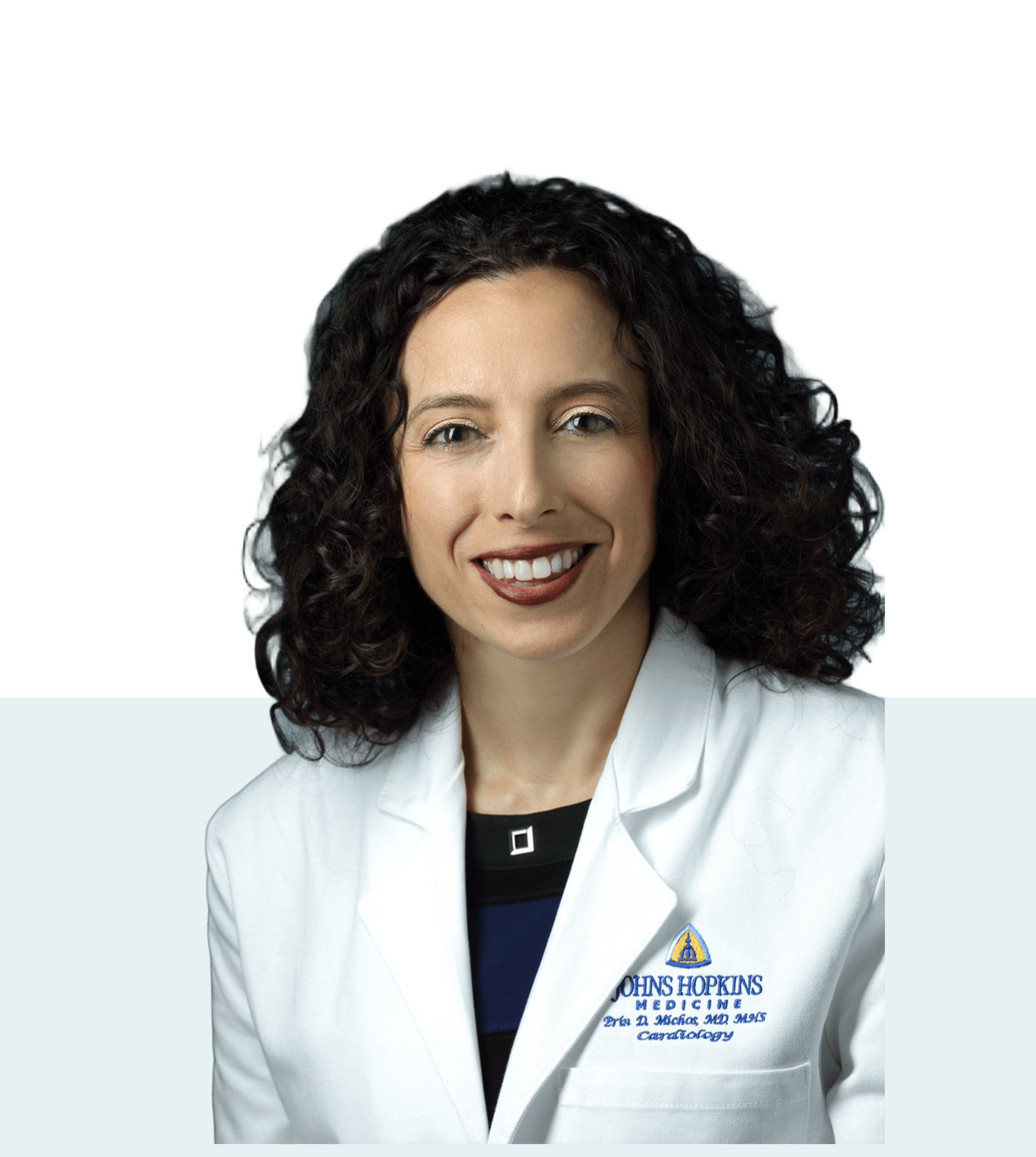
Biological and hormonal mechanisms linking sex and cardiometabolic risk
Erin D. Michos Johns Hopkins University, USA 16:45~17:05 -

Sex and gender differences in risk assessment and biomarkers for cardiovascular disease
Ji Eun Lee Korea University, Republic of Korea 17:05~17:25 -

Do women and men respond differently to cardiometabolic therapies?
Hyun Ju Yoon Chonnam National University, Republic of Korea 17:25~17:45 - Panel Discussion 17:45~18:15
Chairperson(s) : Goo Taeg Oh (Ewha Womans University, Republic of Korea), Yongseek Park (Kyung Hee University, Republic of Korea)
Panel(s) : Jeong-Min Kim (Seoul National University, Republic of Korea), Jae-Hoon Choi (Hanyang University, Republic of Korea), Kyung-Sun Heo (Chungnam National University, Republic of Korea)
DetailMacrophage immunometabolism plays a pivotal role in orchestrating inflammation and repair in cardiovascular disease. This session will highlight emerging metabolic axes governing macrophage function in cardiometabolic injury and recovery. Professor Laurent Yvan-Charvet from INSERM, France, will introduce glutamine homeostasis as a previously overlooked regulator of cardiometabolic inflammation, shedding light on its immunomodulatory roles. Professor Edward Thorp from Northwestern University, USA, will present how myeloid cell metabolism influences both the amplification and resolution of cardiac inflammation, offering insights into innate immune reprogramming. Professor Yong Sook Kim from Chonnam National University, Republic of Korea, will present the therapeutic potential of ANGPTL4 in modulating inflammation and atherosclerosis. This session offers a comprehensive overview of the immunometabolic programming of macrophages and its translational relevance in cardiovascular injury and repair.
-

Glutamine homeostasis: an overlooked axis in cardiometabolic inflammation
Laurent Yvan-Charvet INSERM, France 16:45~17:05 -

Myeloid metabolism in the amplification and resolution of cardiac inflammation
Edward Thorp Northwestern University, USA 17:05~17:25 -

Therapeutic promise of ANGPTL4 in cardiovascular inflammation
Yong Sook Kim Chonnam National University, Republic of Korea 17:25~17:45 - Panel Discussion 17:45~18:15





